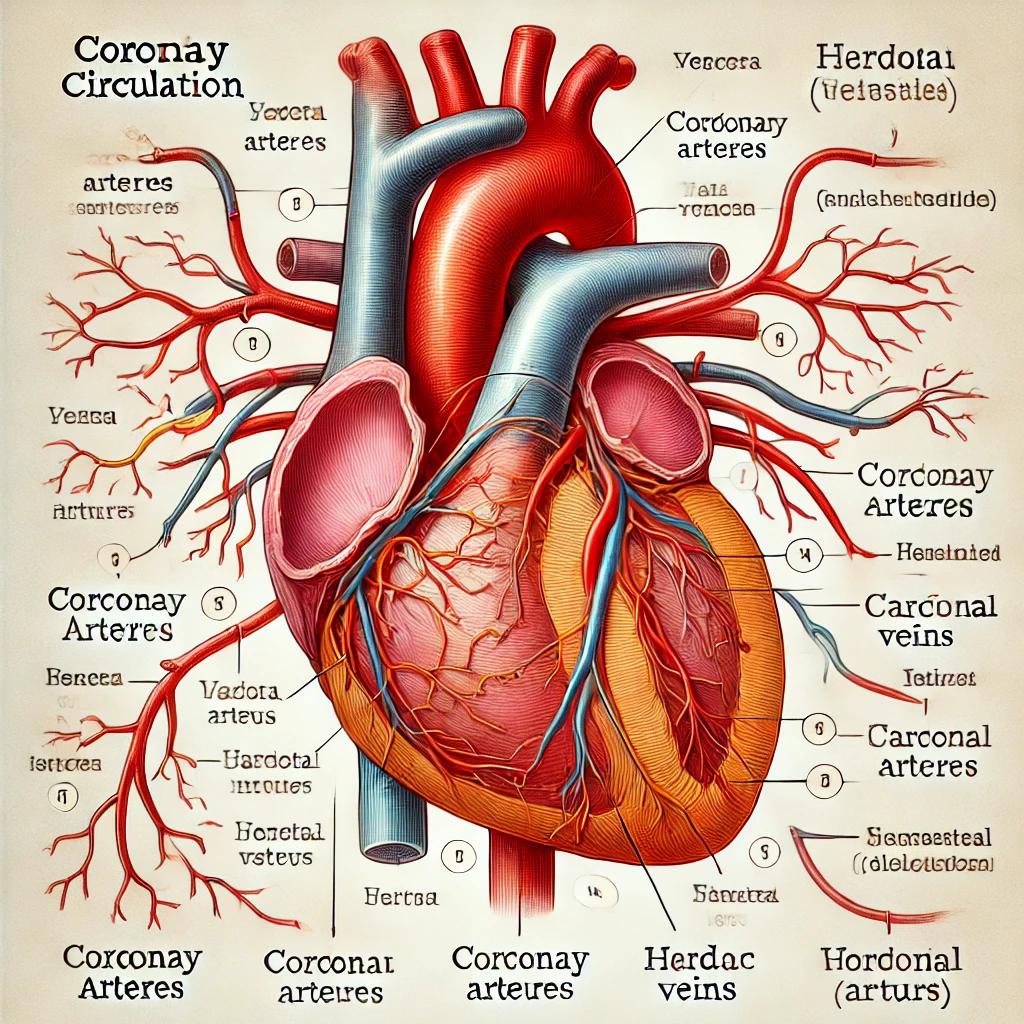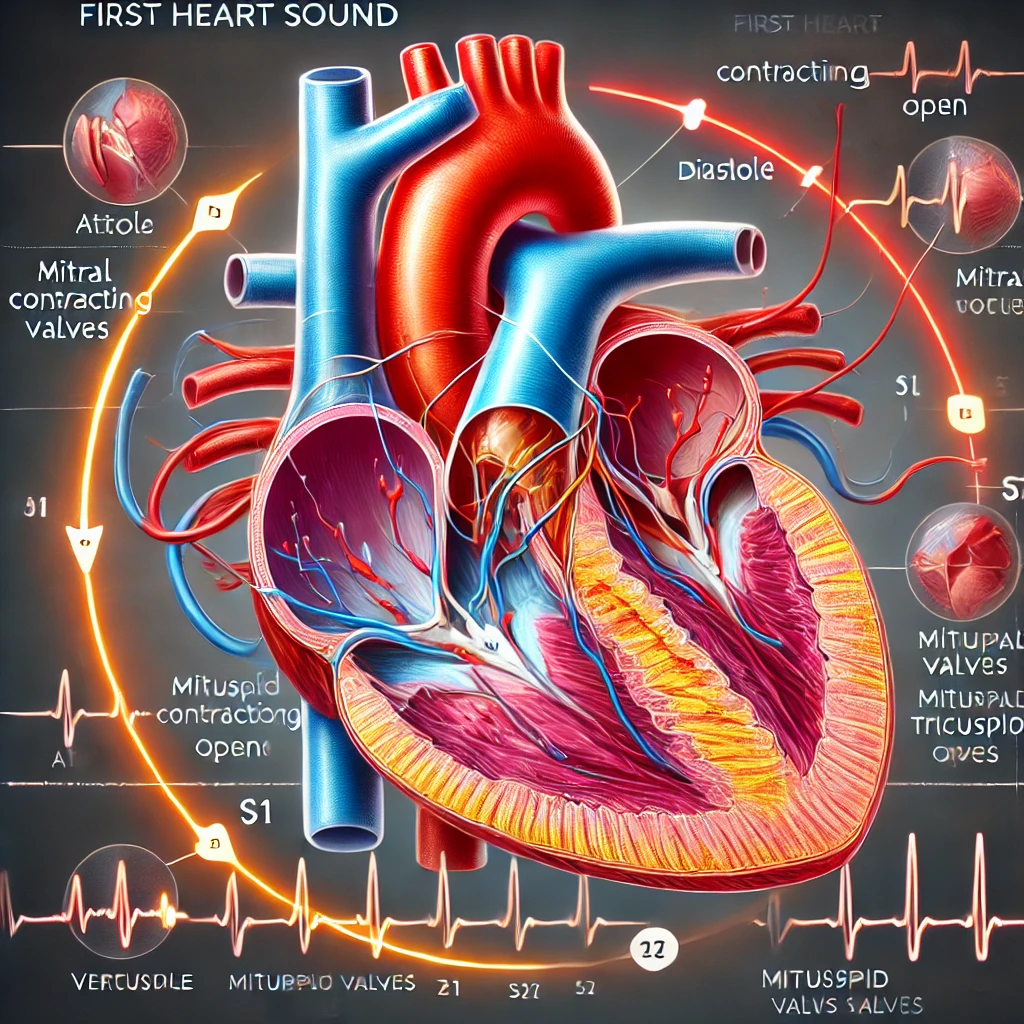A cough is a reflex action that clears the throat of mucus or foreign irritants. Although cough isn’t typically a serious condition, it can be inconvenient, and in some cases, it may indicate a more serious underlying condition. Understanding Cough is a journey that has just begun.
What is a Cough?
A cough is a bodily reflex that helps clear your airways of irritants and protect your lungs. When something irritates your throat or airway, your nervous system sends an alert to your brain. Your brain then responds by sending a signal to the muscles in your chest and abdomen to expel a burst of air from your lungs, thereby producing a cough.

Types of Cough
- Acute Cough: This type of cough is temporary, often due to a common cold or sinus infection. It usually improves within two to three weeks.
- Subacute Cough: This cough lasts between 3 and 8 weeks, persisting after the initial cause, such as a cold or flu, has resolved.
- Chronic Cough: A cough that lasts longer than eight weeks is termed a chronic cough. It can be due to various reasons, including asthma, allergies, or chronic bronchitis.
- Dry Cough: This is a non-productive cough with no mucus or phlegm. It’s commonly associated with viral illnesses, such as colds and flu.
- Wet (Productive) Cough: This cough involves the expulsion of mucus or phlegm. It’s typically a symptom of a bacterial infection or a respiratory condition like bronchitis or pneumonia.
- Whooping Cough: Also known as pertussis, this severe type of cough is characterized by a high-pitched “whoop” sound when breathing in after a coughing fit.
- Croup Cough: Common in young children, this type of cough sounds like a barking seal due to the swelling around the vocal cords.
- Smoker’s Cough: This chronic cough is caused by long-term smoking and is characterized by a heavy, phlegm-producing cough.
- Stress Cough: Also known as a psychogenic cough, this type of cough is caused by stress, anxiety, or mental health conditions rather than an underlying physical condition.
- Postnasal Drip Cough occurs when the nasal mucosa produces excessive mucus and accumulates at the back of the nose or throat, causing a cough.
- Nighttime (Nocturnal) Cough: Some individuals may primarily cough at night, which can be due to conditions like asthma, post-nasal drip, or GERD.
- Aspiration Cough: This type of cough occurs when foreign materials are inhaled into the lungs, causing irritation.
- Reflex Cough: This type of cough is a natural defense mechanism that the body uses to clear the airway of irritants or excessive secretions.
- Exercise-Induced Cough: This type of cough is triggered by physical activity and is often associated with conditions like asthma or exercise-induced bronchospasm.
- Cough Variant Asthma (CVA): A cough is the main symptom in this form of asthma. The cough is often chronic and may have a pattern, like occurring at night or after exercise.
Common Causes of Cough
There are several reasons why you might develop a cough. Here are some of the most common causes:
Certainly, here are 10 additional common causes of cough:
- Bronchitis: This condition is an inflammation of the lining of your bronchial tubes, which carry air to and from your lungs. It often results in a persistent cough that brings up mucus.
- Pneumonia: Pneumonia is an infection in one or both lungs that can cause cough-producing phlegm, fever, chills, and difficulty breathing.
- Pertussis (Whooping Cough): This highly contagious respiratory tract infection can cause a severe, hacking cough followed by a high-pitched intake of breath that sounds like “whoop.”
- Postnasal Drip: When your body produces more mucus than usual, it can drip down the back of your throat, triggering a cough.
- Cystic Fibrosis: This serious genetic disorder causes severe damage to the lungs and digestive system and can lead to a persistent cough with thick mucus.
- Heart Medications: Certain medications, like ACE inhibitors used for treating high blood pressure and heart failure, can cause chronic coughing as a side effect.
- Lung Cancer: While less common, a persistent cough can sometimes be a sign of lung cancer. Other symptoms may include chest pain, wheezing, and weight loss.
- Foreign Body Aspiration: This occurs when a small object is inhaled into the lungs, causing a cough, wheezing, and sometimes choking.
- Tuberculosis: This serious, sometimes deadly, bacterial disease causes a bad cough that may produce blood or phlegm.
- Fungal Infections: Certain soil or bird droppings fungi can be inhaled, leading to infections like histoplasmosis and coccidioidomycosis that cause a persistent cough.
- Gastroesophageal Reflux Disease (GERD): In this condition, stomach acid frequently flows back into the esophagus, which can irritate your throat and cause a chronic cough.
- Asthma: A chronic condition that inflames and narrows the airways, asthma can cause periodic episodes of wheezing, chest tightness, shortness of breath, and coughing.
- Sinusitis: Inflammation or swelling of the sinuses can lead to a persistent cough, particularly when lying down or during the night.
- Smoking: Smoking damages your airways, leading to a chronic, dry cough. Second-hand smoke can also lead to a persistent cough.
- Allergies: Allergies can cause a range of symptoms, including a persistent cough due to postnasal drip.
- Chronic Obstructive Pulmonary Disease (COPD): This group of lung diseases, including emphysema and chronic bronchitis, cause airflow blockage and breathing-related problems, including a chronic, long-term cough.
- Aspiration (Inhalation) Pneumonia: This occurs when you inhale food, drink, vomit, or saliva into your lungs, leading to an infection and a persistent cough.
- Vocal Cord Disorders: Conditions that affect the vocal cords, such as vocal cord paralysis or spasmodic dysphonia, can cause a chronic cough.
- Sarcoidosis: This inflammatory disease affects multiple organs in the body but primarily the lungs and lymph glands. A persistent dry cough is a common symptom.
- Pulmonary Embolism: This is a blockage in one of the pulmonary arteries in your lungs, often caused by blood clots. While the most common symptom is shortness of breath, it can also cause a chronic cough.
Diagnosing a Cough
- Medical History: The first step in diagnosing a cough is for the healthcare provider to take a detailed medical history. This will include questions about the cough’s duration, severity, and nature and any other symptoms experienced.
- Physical Examination: A physical exam often follows, where the doctor listens to the patient’s lungs and examines the throat, nose, and sinuses.
- Chest X-Ray: A chest X-ray might be ordered if the doctor suspects a more severe condition. This will allow the doctor to view the lungs, heart, and other structures in the chest.
- Spirometry: This test measures the amount and speed of air a person can inhale and exhale. It’s often used to diagnose conditions like asthma and COPD, which can cause a persistent cough.
- Bronchoscopy: If the cause of the cough is still unclear, a bronchoscopy might be performed. During this procedure, a thin tube is passed through the nose or mouth to examine the airways and collect samples.
- Allergy Testing: If an allergy is suspected as the cause of a cough, allergy tests such as skin prick tests or blood tests may be conducted to identify the specific allergen.
- Sputum Test: This test involves analysis of the mucus (sputum) that is coughed up from the lungs to detect bacteria, fungi, or signs of conditions like tuberculosis.
- CT Scan: If the healthcare provider suspects a more complex issue, such as a tumor or a lung disease, they might order a CT scan. This imaging technique provides a detailed view of the body’s structures.
- Acid Reflux Test: If GERD is suspected, a test to measure the amount of acid in the esophagus may be done. This could involve a pH probe that monitors the acid level over a 24-hour period.
- Pulmonary Function Test: These tests measure how well the lungs are working and can help identify conditions like asthma or emphysema. They can involve several different tests, including spirometry.
Treating a Cough
Treatment for a cough depends on its underlying cause. Over-the-counter cough suppressants may relieve symptoms, but they don’t treat the cause of the cough. Your healthcare provider may prescribe antibiotics if your cough is due to a bacterial infection.
For chronic coughs related to conditions like COPD or asthma, long-term medication may be necessary. It’s crucial to follow your healthcare provider’s recommendations to manage these conditions effectively.
Preventing a Cough
While not all coughs can be prevented, these steps can help:
- Stay hydrated: Drinking plenty of fluids can help thin mucus in your throat and make coughing easier.
- Avoid irritants: Smoke and certain chemicals can irritate your throat and trigger a cough.
- Manage allergies: If you have allergies, try to avoid triggers and manage your symptoms with the help of a healthcare provider.
- Maintain a healthy lifestyle: Regular exercise, a balanced diet, and enough sleep can all help boost your immune system and make you less susceptible to infections that may cause a cough.
When to See a Healthcare Provider
While most coughs resolve on their own, some may indicate a serious condition. You should see a healthcare provider if you have a cough that lasts more than three weeks, is accompanied by fever or weight loss, produces bloody or discolored mucus, or causes you to wheeze or feel short of breath.
Conclusion
A cough is a common symptom that can be caused by many different conditions, most of which are not serious. However, a cough that persists for weeks or is accompanied by other concerning symptoms should be evaluated by a healthcare provider. By understanding the potential causes and treatments for a cough, you can take appropriate steps to care for your health.
FAQs
- What is a dry cough? A dry cough is a cough that does not produce any mucus, also known as non-productive cough.
- What is a wet cough? A wet cough, or productive cough, is a cough that produces mucus or phlegm.
- Why does my cough get worse at night? When you lie down, mucus can pool in your throat, irritating it and triggering a cough.
- What can I do to relieve a cough? Drinking plenty of fluids, using a humidifier, and taking over-the-counter cough suppressants can all help relieve a cough.
- Should I see a doctor for my cough? If your cough lasts for more than three weeks, or if it’s accompanied by other symptoms like fever, chest pain, or difficulty breathing, you should see a healthcare provider.
- Can a cough spread disease? A cough can spread respiratory infections like the common cold or flu.
- What does it mean if I’m coughing up blood? Coughing up blood can be a sign of a serious medical condition, such as a lung infection or cancer. If you’re coughing up blood, you should seek medical attention immediately.
- Why does my chest hurt when I cough? Coughing a lot can strain your chest muscles, causing them to feel sore or painful.
- What is a ‘barking’ cough? A barking cough is a loud, harsh cough that sounds like a seal barking. It can be a symptom of croup in children.
- What is ‘whooping’ cough? Whooping cough, or pertussis, is a highly contagious bacterial infection that causes severe coughing fits.
Disclaimer: This article is for informational purposes only and does not constitute medical advice. The information provided herein is not a substitute for professional medical advice, diagnosis, or treatment. Always seek the advice of your physician or other qualified health providers with any questions you may have regarding a medical condition.
References:
- American Lung Association
- World Health Organization
- Mayo Clinic
- Centers for Disease Control and Prevention
- National Institutes of Health
Read Tanzir Islam Britto’s post- Alport syndrome




